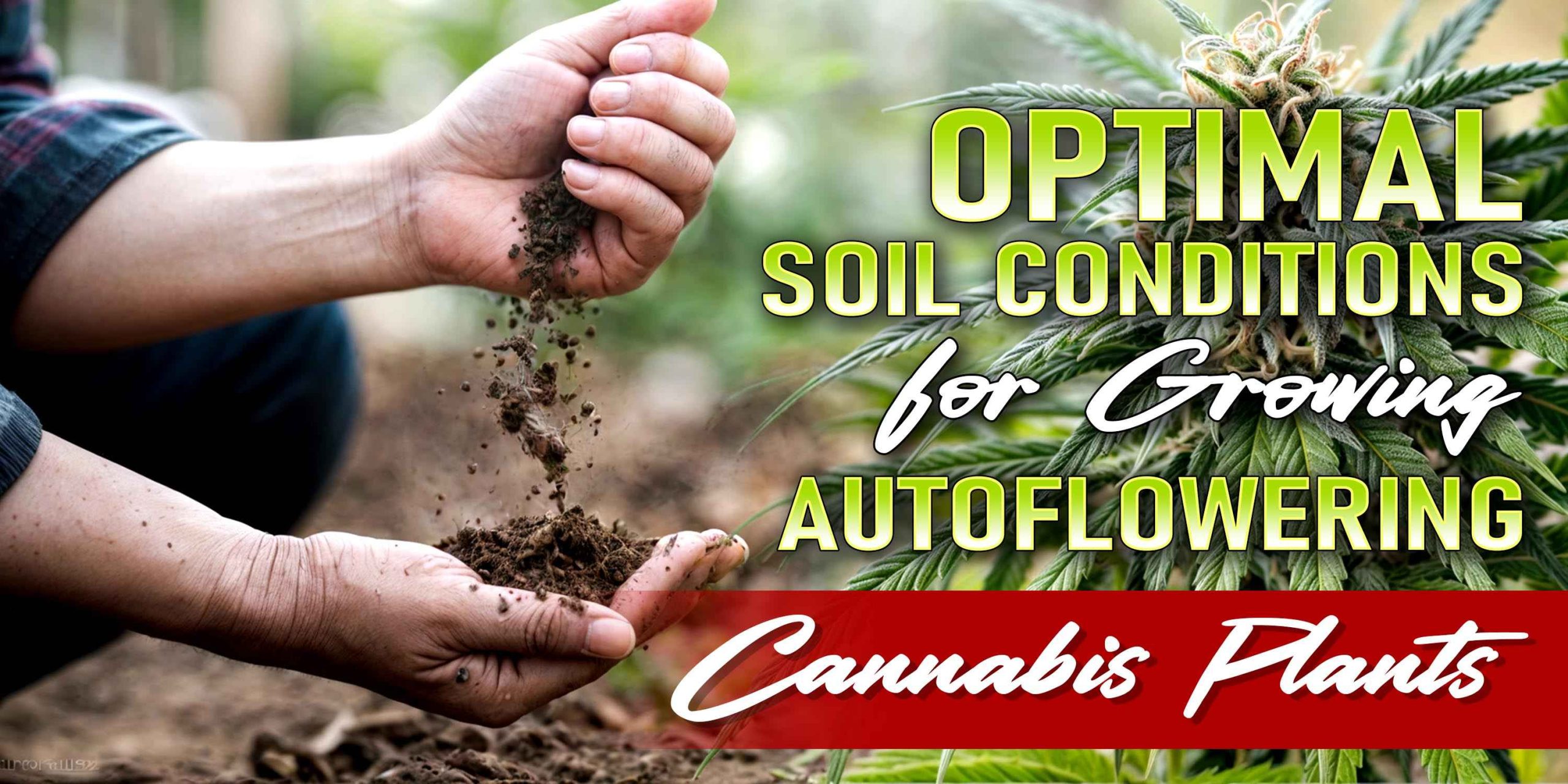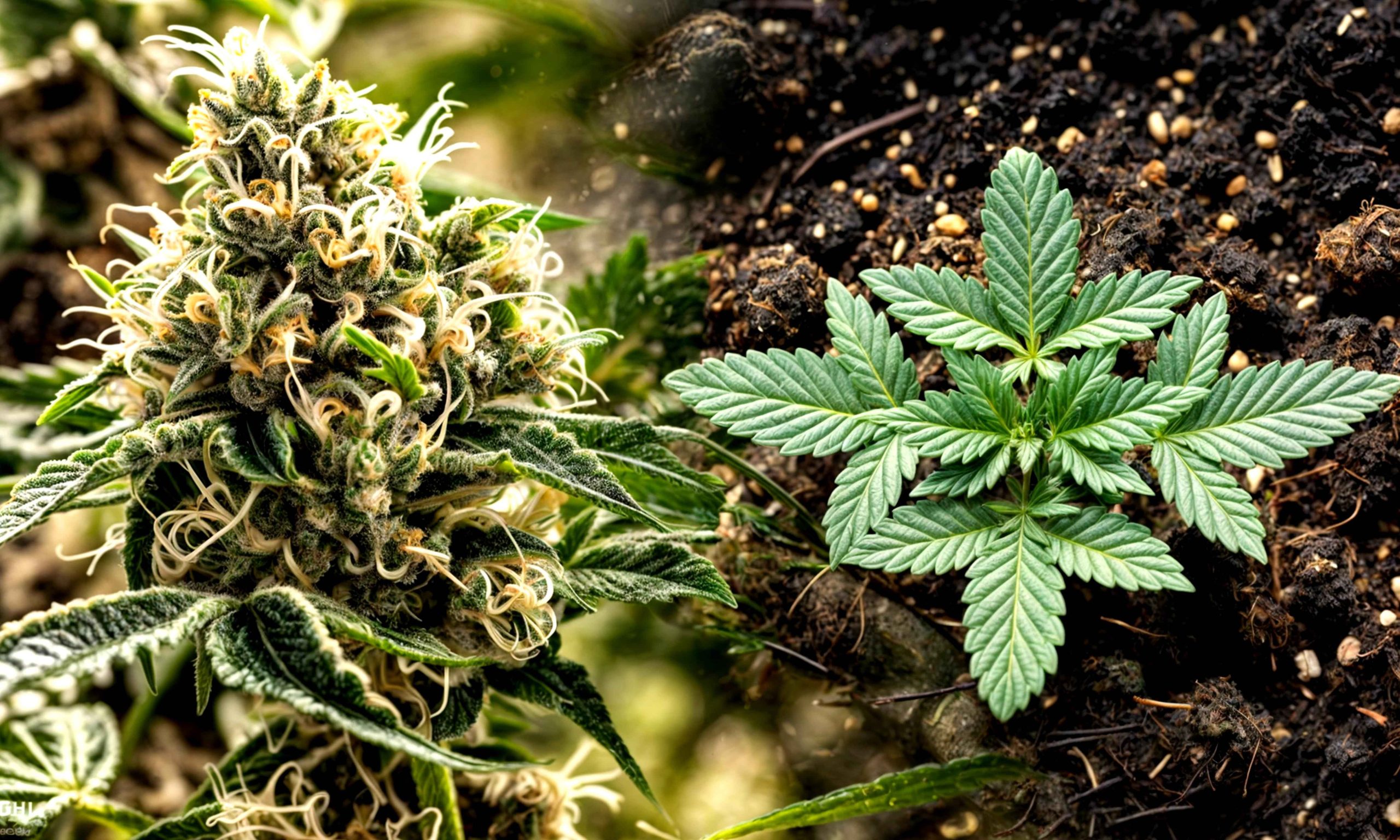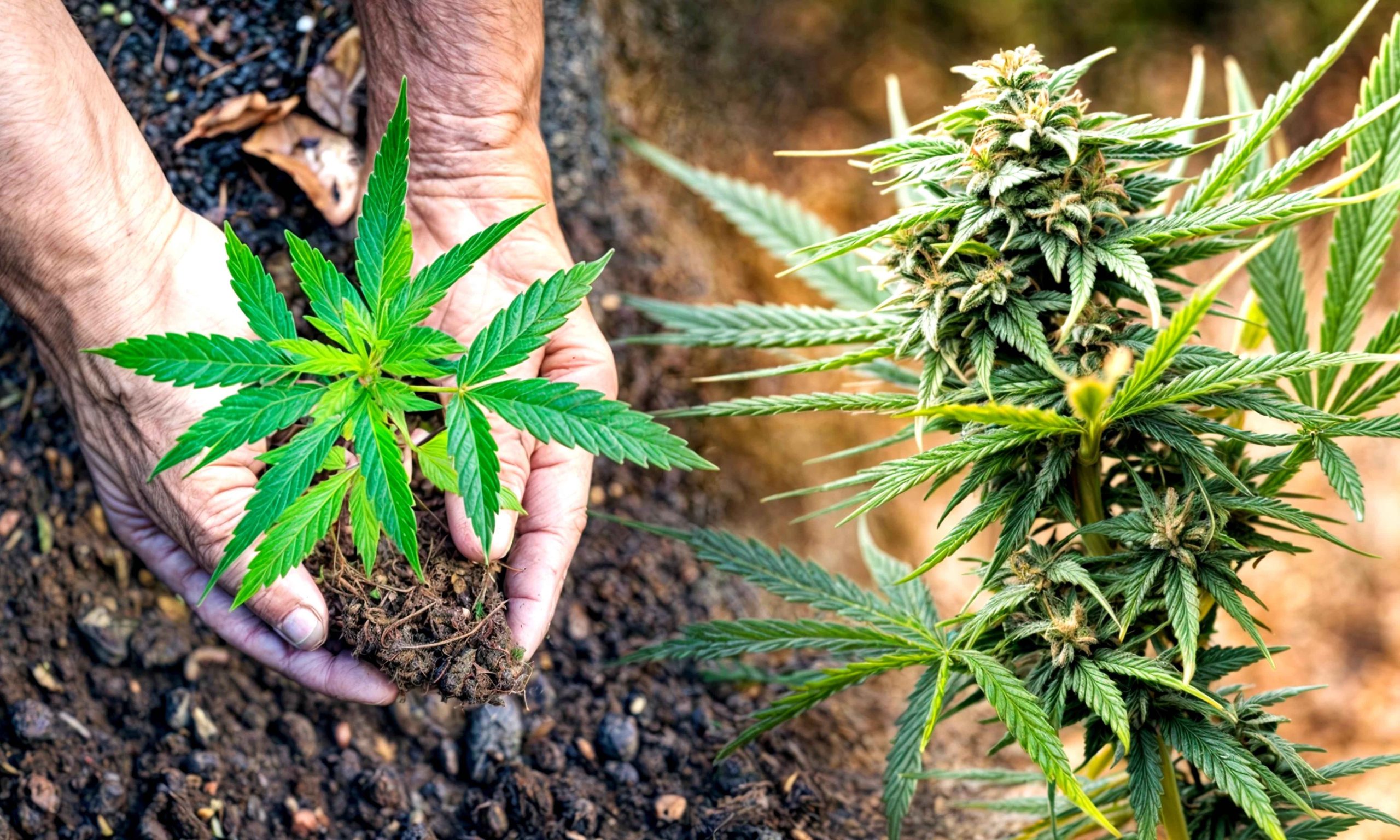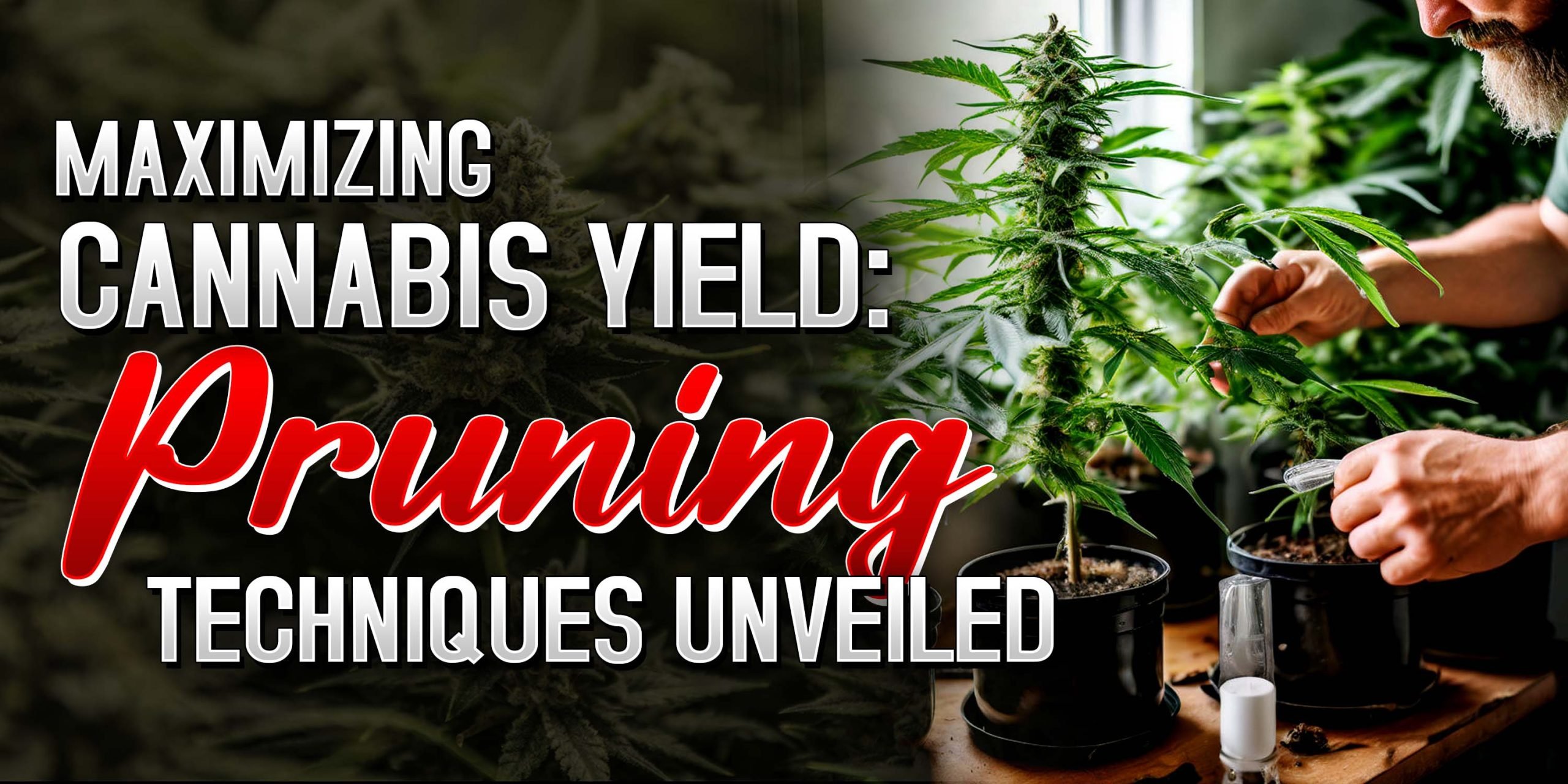In this comprehensive guide, we delve into the crucial aspects of cultivating autoflowering cannabis plants, focusing specifically on the best soil for autoflowers conditions that lead to successful growth and robust yields.
Understanding Autoflowering Cannabis
Autoflowering cannabis plants are renowned for their rapid growth cycle and ease of cultivation, making them a popular choice among growers of all levels. Unlike photoperiod strains, which require specific light schedules to transition between vegetative and flowering stages, autoflowers automatically shift to flowering based on their age. This unique trait allows for quicker harvests and multiple cycles in a single growing season.
Why Choose Autoflowering Cannabis?
Autoflowers offer several advantages, including:
- Shorter Growth Cycle: With a typical life cycle of 8 to 10 weeks from seed to harvest, autoflowers enable growers to achieve faster turnaround times compared to photoperiod strains.
- Compact Size: Autoflowers tend to stay relatively small, making them ideal for indoor growers with limited space or outdoor growers seeking discreet cultivation options.
- Resilience: Autoflowers are more forgiving of environmental fluctuations and beginner mistakes, making them suitable for novice growers or those facing unpredictable growing conditions.
Importance of Soil Selection
The choice of soil plays a pivotal role in the overall health and productivity of autoflowering cannabis plants. Optimal soil for autoflower conditions provides essential nutrients, promotes root development, maintains proper drainage, and supports microbial activity crucial for nutrient uptake.
Factors to Consider in Autoflower Soil Selection
- Texture and Composition: A well-balanced soil texture, comprising a mix of sand, silt, and clay, ensures adequate aeration, water retention, and nutrient availability. Loamy soils are often recommended for their balanced properties.
- pH Levels: Maintaining a slightly acidic pH level between 6.0 and 6.8 fosters optimal nutrient absorption and prevents nutrient deficiencies or toxicities. Regular soil testing and pH adjustments are essential.
- Nutrient Content: High-quality potting mixes enriched with organic matter, such as compost, worm castings, and bat guano, provide a steady supply of nutrients throughout the plant’s life cycle. Organic nutrients support soil biodiversity and long-term soil health.
- Drainage and Moisture Retention: Well-draining soil prevents waterlogging and root rot while retaining sufficient moisture to sustain plant growth during dry spells. Adding perlite or vermiculite to the soil mix improves drainage and aeration.
- Microbial Activity: Beneficial soil microbes, including mycorrhizae and beneficial bacteria, enhance nutrient uptake, improve soil structure, and protect against pathogens. Incorporating microbial inoculants or compost teas can boost soil microbiology.
Recommended Soil Mix for Autoflowers
For optimal results, we recommend a custom soil mix designed specifically for autoflowering cannabis cultivation. This mix combines the following components in precise proportions:
- Coco Coir: Provides excellent water retention and aeration, ideal for promoting healthy root development and reducing the risk of overwatering.
- Perlite or Vermiculite: Improves soil drainage and prevents compaction, ensuring adequate oxygenation of the root zone and minimizing the risk of root suffocation.
- Compost: Enriches the soil with essential nutrients, promotes microbial activity, and enhances overall soil structure. Compost also contributes to soil organic matter content and long-term fertility.
- Worm Castings: Boosts nutrient availability, stimulates root growth, and contributes to a thriving soil ecosystem. Worm castings are rich in beneficial microbes, enzymes, and plant growth hormones.
- Bat Guano: A natural source of nitrogen, phosphorus, and potassium, essential for vigorous vegetative growth and robust flowering. Bat guano provides slow-release nutrients and improves soil fertility over time.
Application and Maintenance Tips
Once the optimal soil mix is prepared, follow these guidelines for successful cultivation:
- Transplanting: Start seedlings in small pots with the soil mix and gradually transplant them to larger containers as they grow to ensure ample root space and prevent transplant shock.
- Watering: Maintain consistent moisture levels, avoiding overwatering or underwatering, to prevent stress and nutrient imbalances. Use a moisture meter or finger test to assess soil moisture levels.
- Nutrient Feeding: Supplement with organic nutrients tailored for autoflowers during each growth phase, following recommended dosage guidelines. Avoid over-fertilization, which can lead to nutrient burn or soil imbalances.
- Monitoring pH and EC: Regularly test soil pH and electrical conductivity (EC) to adjust nutrient uptake and prevent nutrient lockout. Use pH-adjusted water and organic pH buffers as needed.
- Pest and Disease Management: Implement preventive measures, such as companion planting, beneficial insects, and organic pest controls, to minimize pest infestations and diseases. Regularly inspect plants for signs of pests or diseases and take prompt action.
By adhering to these best autoflower soil recommendations and cultivation practices, you can optimize the growth, health, and productivity of your autoflowering cannabis plants, leading to bountiful harvests and exceptional quality yields.
FAQs
FAQ 1: Can autoflowering cannabis plants be grown outdoors?
Answer: Yes, autoflowers can be successfully grown outdoors in suitable climates with adequate sunlight, warmth, and proper soil conditions.
FAQ 2: How long do autoflowering cannabis plants typically take to flower?
Answer: Autoflowers usually start flowering within 3 to 4 weeks from germination and can be ready for harvest in 8 to 10 weeks from seed.
FAQ 3: Do autoflowering plants require a specific light schedule?
Answer: Unlike photoperiod strains, autoflowers do not require a specific light schedule for flowering. They transition to flowering based on age, typically around 3 to 4 weeks.
FAQ 4: Can autoflowers be trained or pruned?
Answer: Autoflowers can be trained using low-stress training (LST) techniques such as bending and tying down branches. However, avoid aggressive pruning as it can stress the plant.
FAQ 5: What is the ideal humidity level for growing autoflowering cannabis?
Answer: Autoflowers thrive in moderate humidity levels between 40% to 60%. High humidity can increase the risk of mold and mildew, while low humidity can lead to dehydration and stress.




















